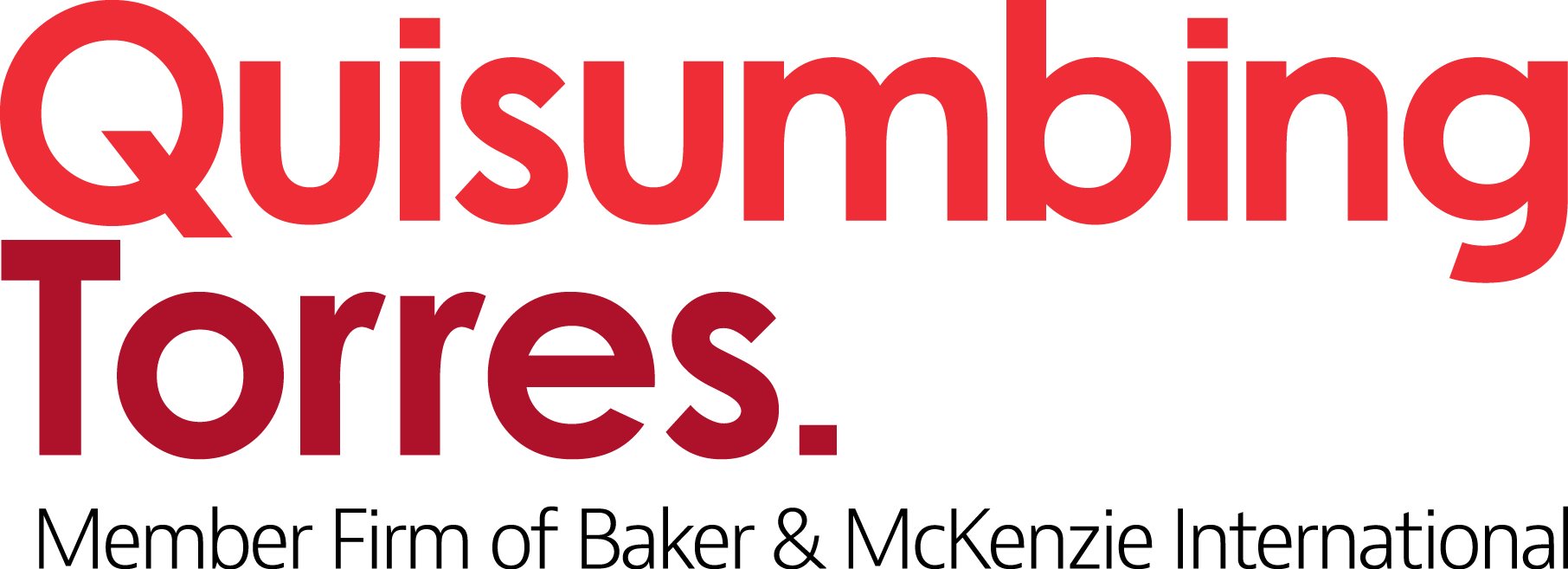In brief
Recent developments
On 4 March 2022, the Department of Trade and Industry (DTI), Department of Agriculture (DAR), Department of Health (DOH), Department of Environment and Natural Resources (DENR), Intellectual Property Office (IPO) and National Privacy Commission (NPC) issued Joint Administrative Order No. 22-01 (“JAO”) entitled Guidelines for Online Businesses Reiterating the Laws and Regulations Applicable to Online Business and Consumers.
The JAO seeks to increase consumer confidence in business-to-consumer and business-to-business e-commerce transactions by ensuring that e-commerce platforms, electronic retailers (e-retailers) and online merchants are guided on the rules, regulations and responsibilities in the conduct of online business. It reiterates existing policies, procedures and guidelines that apply to online businesses, and provides an integrated remedies process for online consumers.
The JAO will take effect on 8 April 2022 following its publication on 15 March 2022 and submission of a copy thereof to the Office of the National Administrative Register of the University of the Philippines on 24 March 2022.
Recommended actions
Online businesses, including foreign e-commerce platforms accessible to Philippine customers, should review their internal procedures in order to ensure compliance with the JAO. They must ensure that the goods and services sold online are sold in such a manner that is compliant with the laws listed. Further, an internal system in processing and addressing takedown requests should be in place.
We are closely monitoring the enforcement of the JAO provisions by the DTI, DAR, DOH, DENR, IPO and NPC.
In more detail
What the JAO says
The JAO defines which persons and entities are considered as online sellers, online businesses, e-commerce platforms and e-retailers, and states the responsibilities and potential liabilities of said parties.
Under the JAO, an online business is defined as “any commercial activity over the internet, whether buying or selling goods and/or services directly to consumers or through a platform, or any business that facilitates commercial transactions over the internet between businesses and consumers.” Online businesses include e-commerce platforms, e-marketplaces, online sellers/merchants and e-retailers. The JAO reiterates that online businesses must comply with Philippine laws, rules and regulations. It provides a list of laws that apply to online businesses for the protection of online consumers against hazards to health and safety, and deceptive, unfair, and unconscionable sales and practices, as follows:
| Law | Extent of applicability |
| Against hazards to health and safety | |
| R.A. No. 4109 or “Standards Law” | As to product quality and safety |
| R.A. No. 9211 or “Tobacco Regulation Act of 2003” and Executive Order No. 106 | As to advertising, promotions and access of minors to tobacco, vapor products and heated tobacco products |
| R.A. No. 10611 or “Food and Safety Act of 2013,” Presidential Decree 1619 s. 1979 and FDA Circular No. 2019-006 | As to advertising and promotions and access of minors to alcoholic beverages |
| Department of Agriculture Regulations | As to proper handling and stewardship of agricultural products (such as fertilizers or pesticides) |
| DTI MC. No. 21-05, series of 2021 | As to the 87 products and systems covered under the BPS Mandatory Product Certification Schemes. (Attached to the JAO as “Annex A”) |
| Against deceptive, unfair and unconscionable sales and practices | |
| Article 50, R.A. No. 7394 (“Consumer Act“), and Section 155.1, 155.2 and 165.2(b) of R.A. No. 8293 or the Intellectual Property Code of the Philippines | As to the declared deceptive acts or practices by a seller or supplier in connection with a consumer transaction |
| Article 52, Consumer Act and Section 155.1, 155.2 and 165.2(b) of R.A. No. 8293 or the Intellectual Property Code of the Philippines | As to unfair or unconscionable sales acts or practices, when a seller induces the customer to enter into a sales transaction grossly inimical to the interest of the consumer or grossly one-sided in favor of the online business by taking advantage of the consumer’s infirmity, ignorance, illiteracy, lack of time, or the general conditions of the environment or surroundings |
| On consumer product and service warranties, price tag placement and labeling | |
| Civil Code and Title III of the Consumer Act | As to provisions on warranty |
| Consumer Act and other pertinent laws | As to labeling requirements for products |
| Consumer Act and pertinent rules and regulations | As to price tag placement |
In addition to the foregoing, the JAO provides a nonexhaustive list of the regulated, restricted and prohibited items for sale. For regulated items for sale, the online business must exhibit the corresponding license or permit number prescribed by the proper regulatory agency over the regulated item.
The JAO states the liabilities of online businesses for defective products and services, as well as the sale of counterfeit and pirated goods.
Lastly, the JAO states that e-commerce platforms shall be treated and held liable in the same manner as online sellers, merchants and e-retailers when they commit any violation of the laws implemented by the JAO. Annex E of the JAO provides a nonexhaustive schedule of penalties that summarizes the penalties currently found in laws implemented by the JAO.

Please contact QTInfoDesk@quisumbingtorres.com for inquiries.



